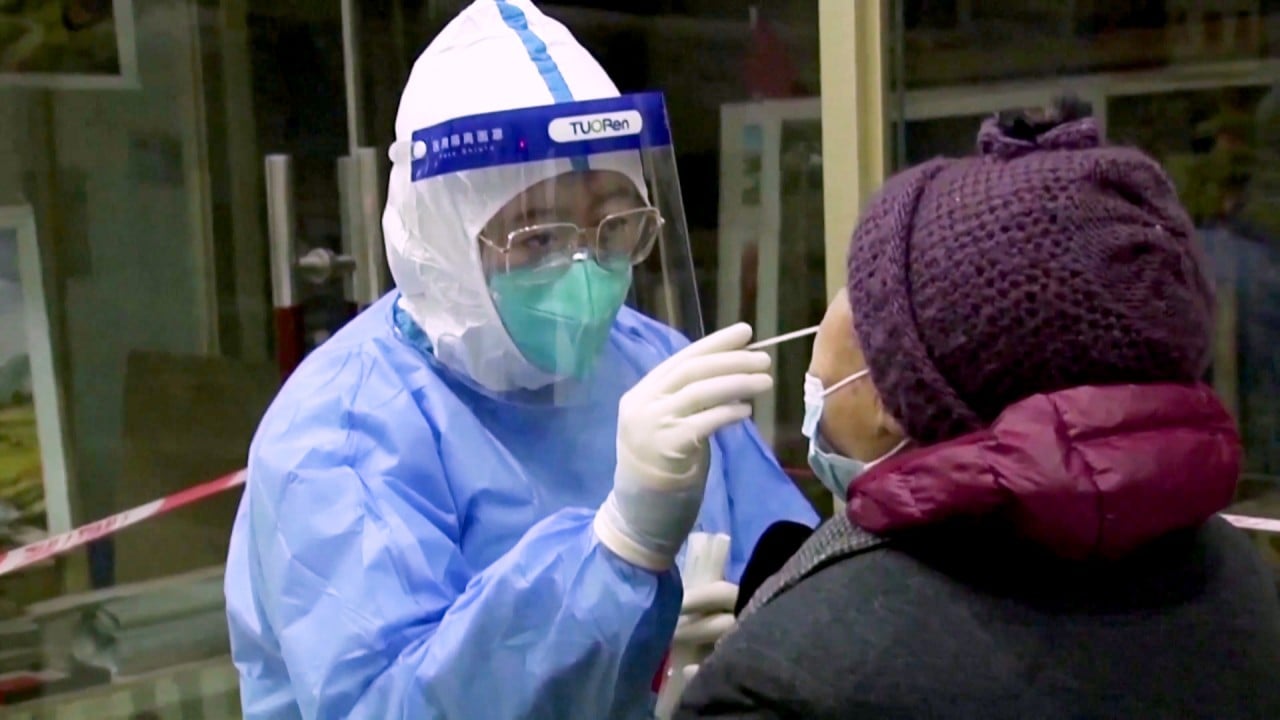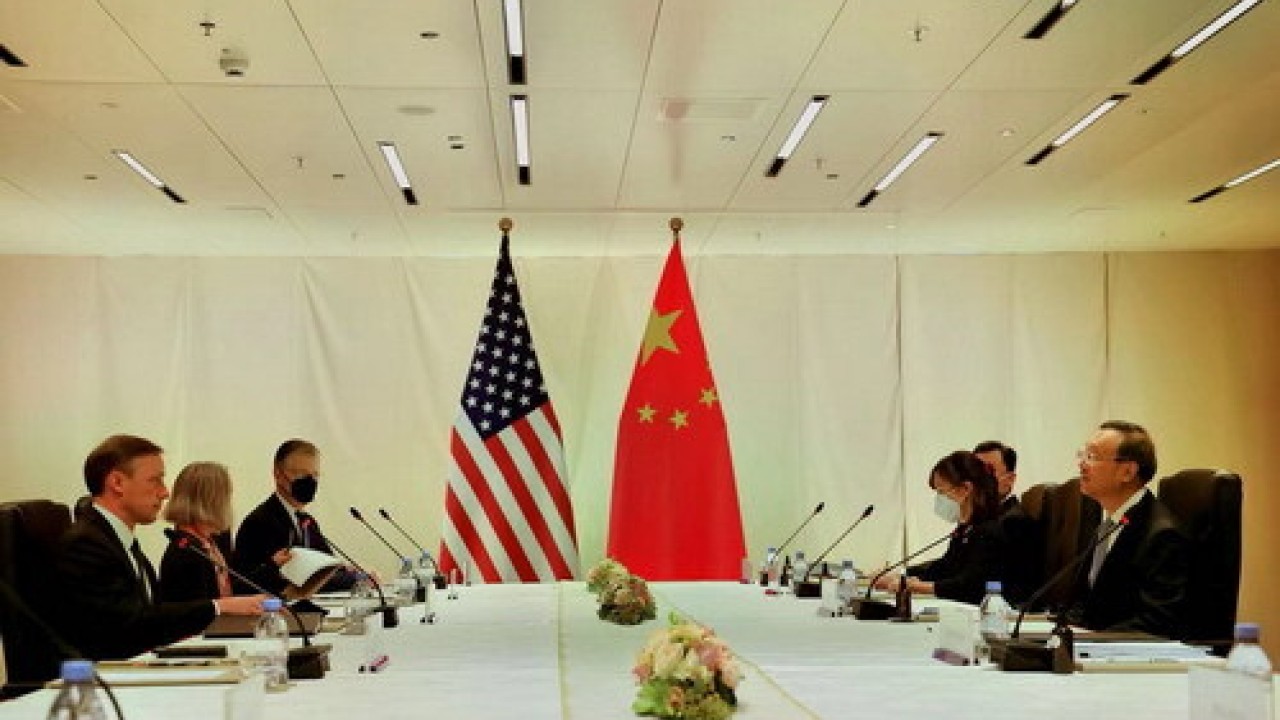
Chinese stocks are likely to sell-off in the next two quarters as Beijing refrains from activating full-scale stimulus: BCA Research
- China is trying to balance between staying the course on structural reform and stabilising growth, likely making any stimulus piecemeal in quantum
- A sell-off will provide investors with a good buying opportunity in the expectation of a more decisive or forceful stimulus
Investors should wait for the sell-off to run its course before picking up bargains when credit growth and investments, two major drivers of business activity, show meaningful recovery, it said in a report to clients.
Still, China’s “calibrated approach” to balance between structural reforms and economic stability means Beijing will only initiate piecemeal policy easing in the near term, strategists led by Sima Jing wrote in the report. Policymakers will only crank up stimulus if their pressure points are breached, they added.
“Prices for onshore stocks will likely fall in the next three to six months when the market starts to price in lower-than-expected economic growth and disappointing stimulus,” according to the December 8 report. “In absolute terms, onshore stocks are not unduly cheap and offshore stocks are cheap for a reason.”
Chinese stocks have underperformed global peers as economic recovery faltered over the past two quarters. Covid-19 lockdowns, surging commodity prices, power outages and falling home prices combined to weaken activity. Regulatory crackdowns and funding squeeze hammered many tech and property-related stocks.
While the policy tone has become more pro-growth, BCA Research cautioned against expecting bigger stimulus pointing to similar reluctance in 2018 and 2019 to reactivate a full-scale stimulus. China-focused fund managers who chased stocks in October on cheap valuations hopes for an end to crackdowns have been badly burned.
“Those valuation levels [in October] could not be trusted as the process of adjusting its earnings was not completed, though we are getting there,” said Alexandre Tavazzi, global strategist and Asia head at Pictet Wealth Management, which manages US$740 billion of clients’ assets.
“We are waiting for the right time to enter, for the revision of earnings to reach the bottom,” he said in a media briefing on December 9. “When we see more actions being taken on the fiscal and monetary side, that will be further support for Chinese equities.”
JPMorgan is bullish on Chinese equities given attractive valuations and as regulations become the new normal, strategists led by Wendy Liu said in a report earlier this month. The US bank is overweight on cyclicals while underweight on internet and consumption stocks.
“As we move past the winter season with seasonally rising Covid-19 cases and localised power curbs heading into the Beijing Olympics, sentiment should improve on better policy visibility and mildly improving credit impulse,” the report said.
Investors should keep low expectations about the policymakers’ willingness to boost growth in old economy sectors, BCA Research said.
The easing of restrictions in the property sector – from prompting banks to resume lending to qualified homebuyers and developers, to allowing funding for developers to acquire distressed real estate assets – are steps to alleviate an escalating risk of widespread bankruptcies.
“However, regulators have not changed the direction of their structural policies,” it said. “Funding constraints placed on both developers and banks since last August remain intact.”
The valuations of Chinese technology stocks will remain depressed with risks including regulatory clampdowns and geopolitical crossfire, BCA Research added, including concerns of Chinese firms being kicked off US bourses.
“We remain defensive in our investment strategy for Chinese stocks in the next two quarters, given the headwinds facing the onshore and offshore markets,” it said. “The sell-off will provide investors with a good buying opportunity in the expectation of a more decisive stimulus.”
Additional reporting by Zhang Shidong



